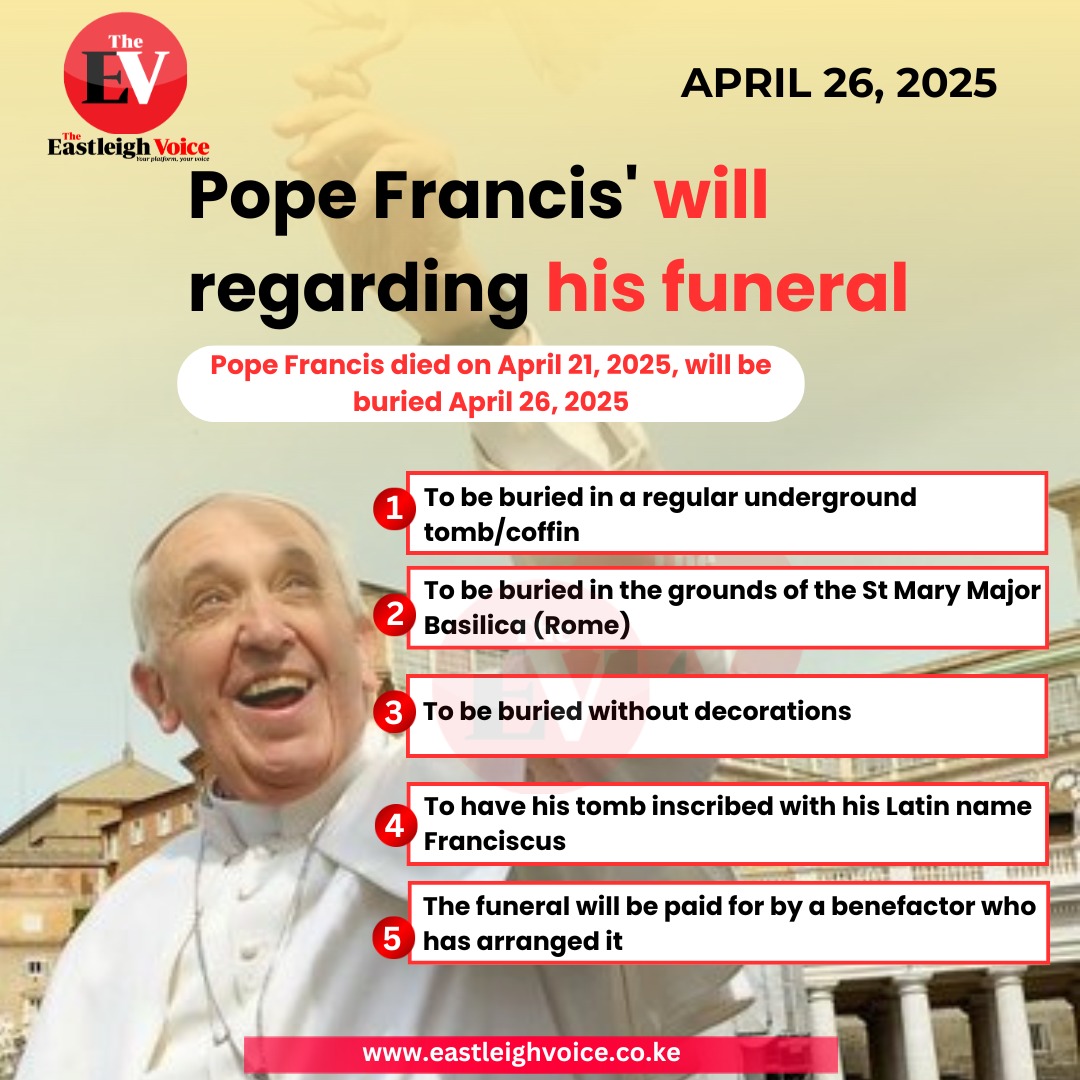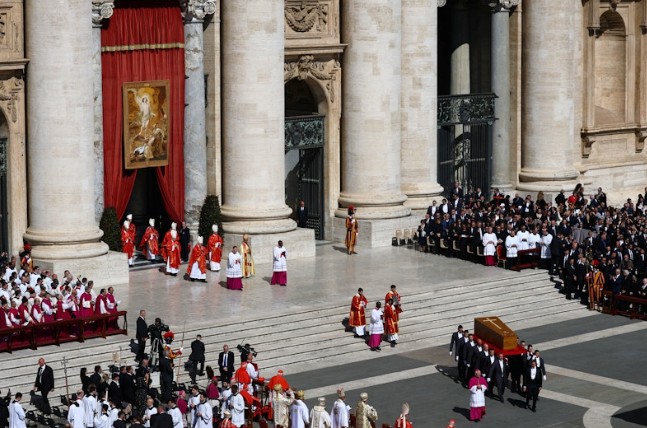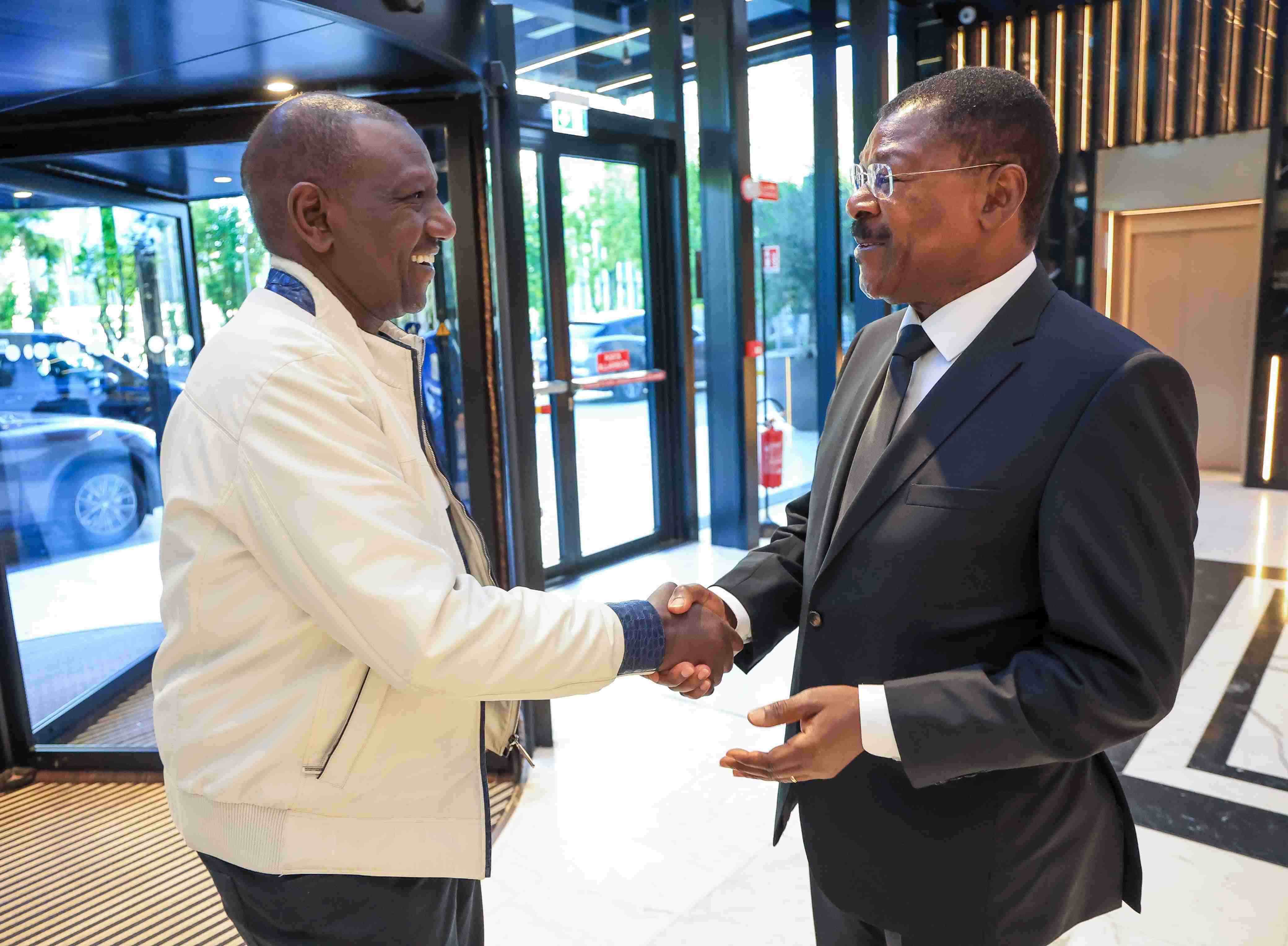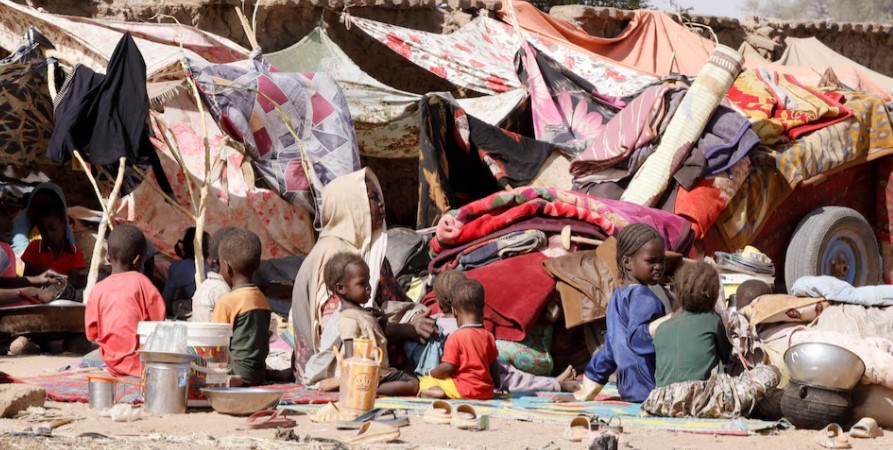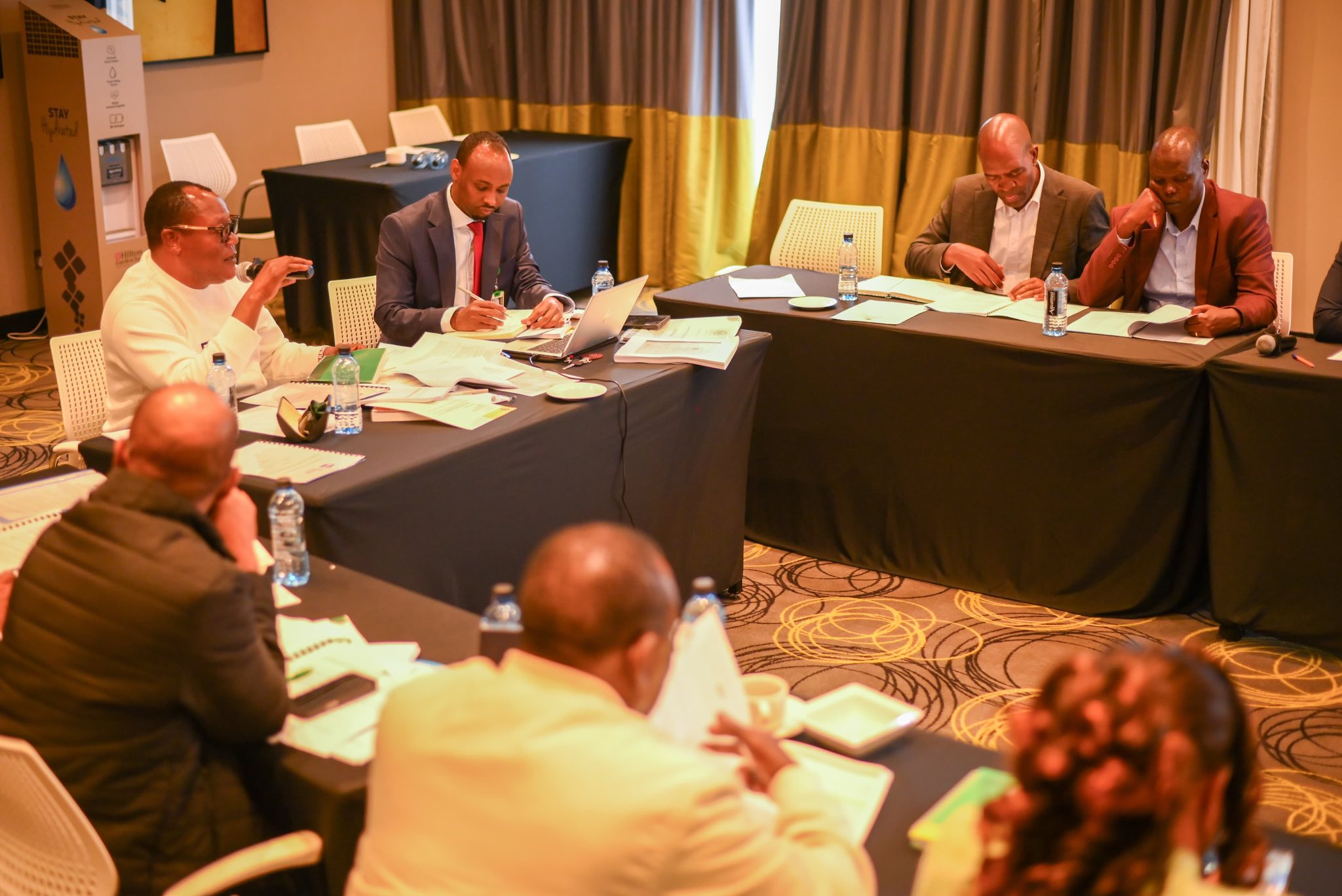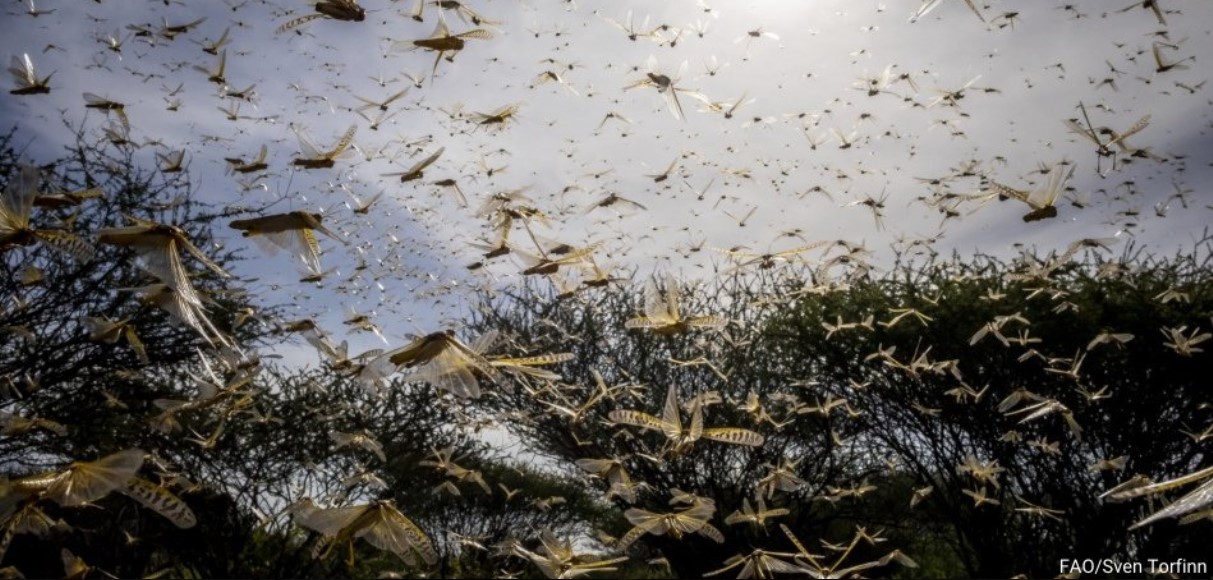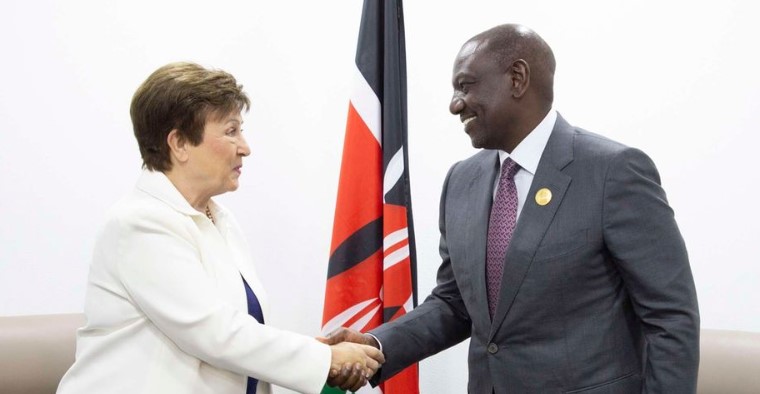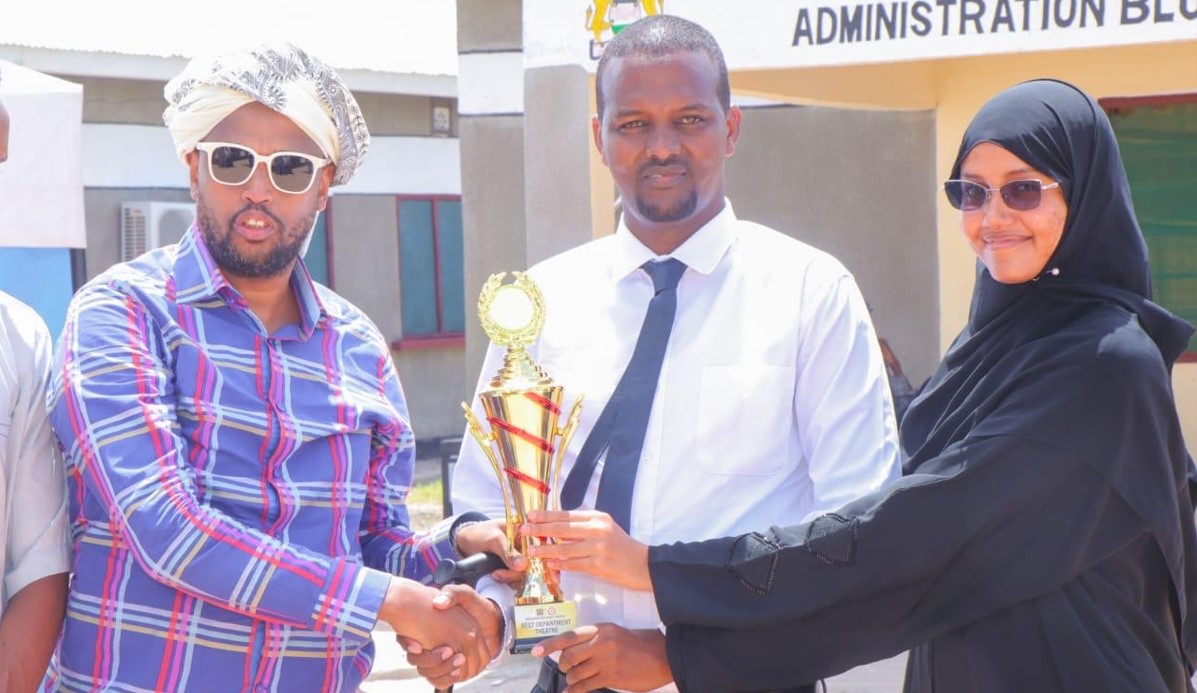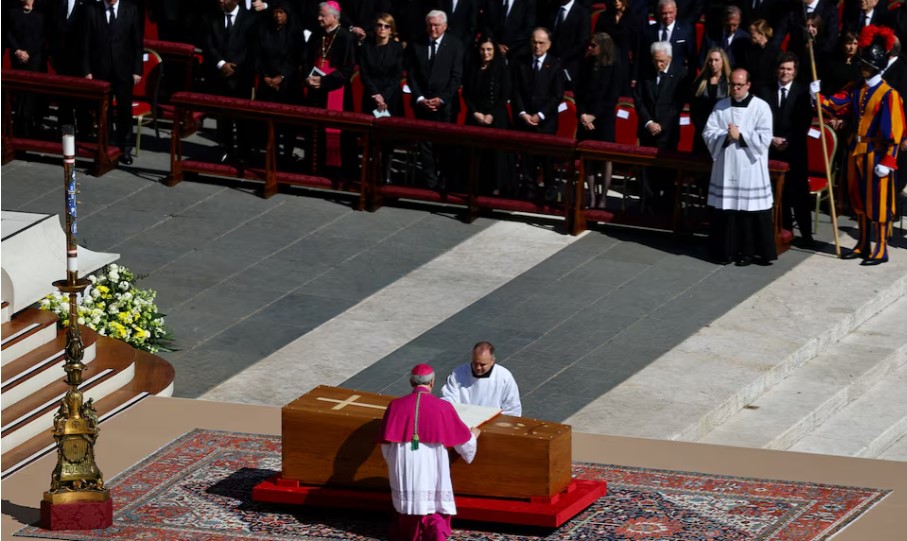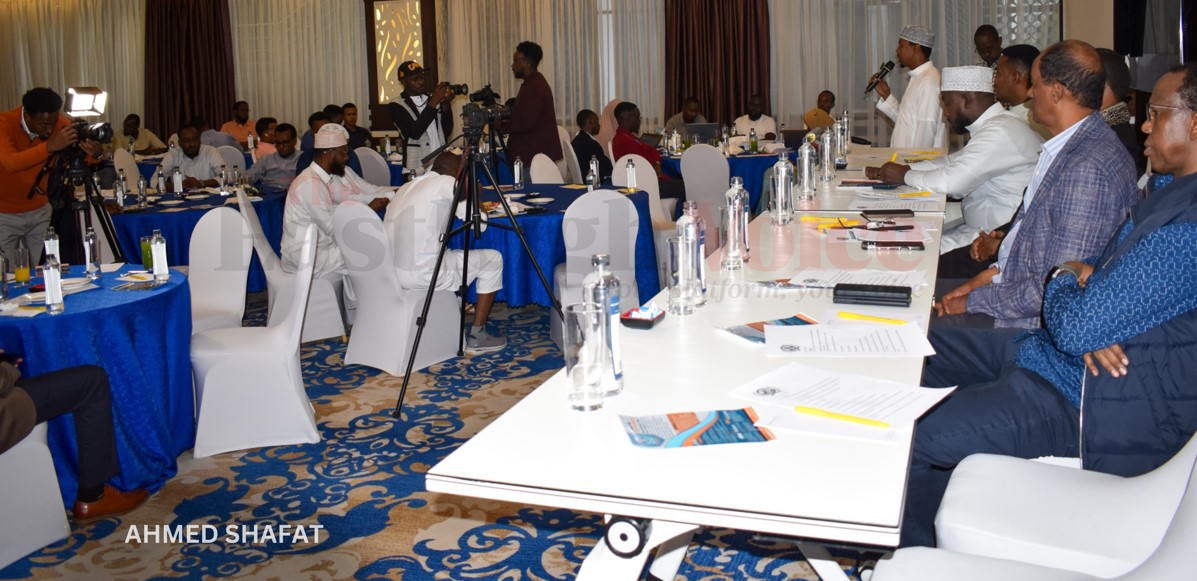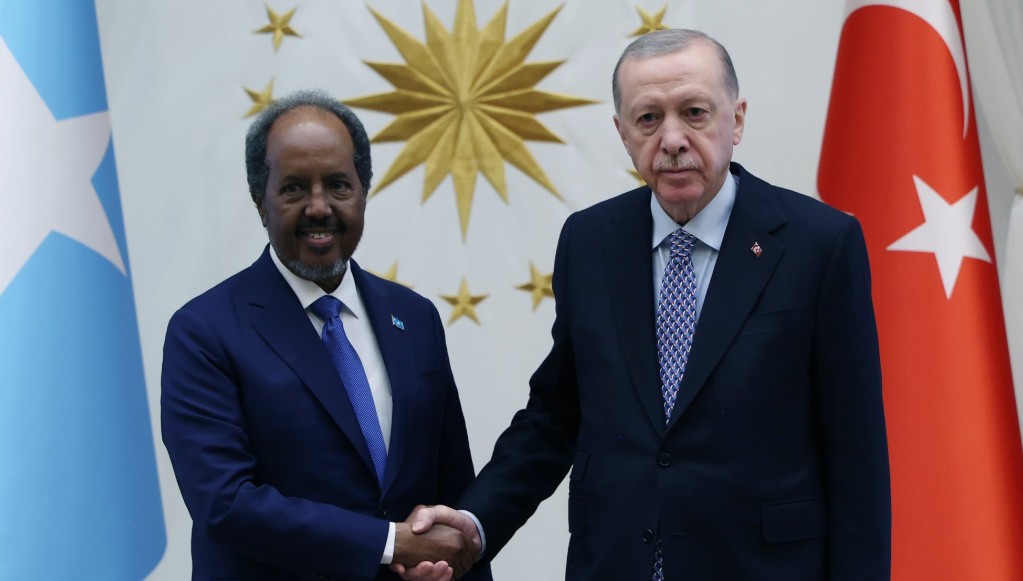Mozambique's electoral fraud fuels democratic decline as protests escalate
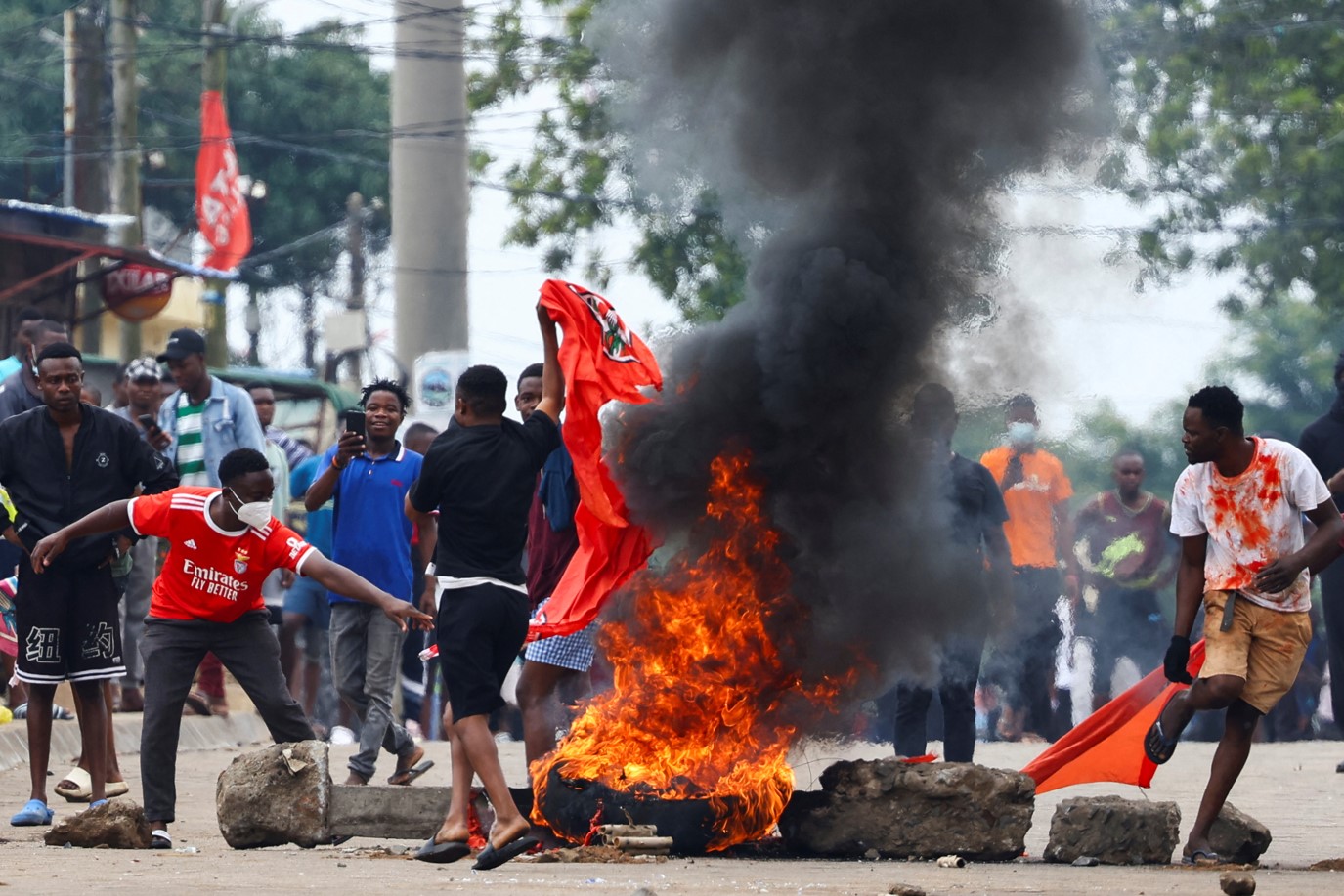
Both domestic and international observer missions, including the European Union Election Observation Mission (EU EOM), have flagged evidence of widespread malpractice.
As Mozambique grapples with the aftermath of yet another contested election, tensions not only continue to mount but also put the credibility of these polls increasingly in question.
Without free and fair elections, Mozambique’s democratic backsliding shows no signs of reversal even as the nation holds its seventh general election since 1994.
More To Read
Despite the South African country maintaining multiparty polls for 30 years, the death of opposition leader Venâncio Mondlane’s lawyer and the Podemos party official murder have marred the credibility of this latest poll.
Elvino Dias, the attorney for Venâncio Mondlane, died with Podemos official Paulo Guambe when gunmen attacked their car on October 19.
As the country awaits the final results of the presidential, legislative, and provincial elections on October 24, preliminary reports suggest yet another landslide for the ruling party, FRELIMO, and its new presidential candidate, Daniel Chapo.
Chapo is seeking to succeed President Filipe Nyusi, who was not allowed to run again after completing his two terms allowed by the constitution.
If confirmed, this victory would extend FRELIMO’s grip on power beyond 50 years, since Mozambique gained independence from Portugal in 1975.
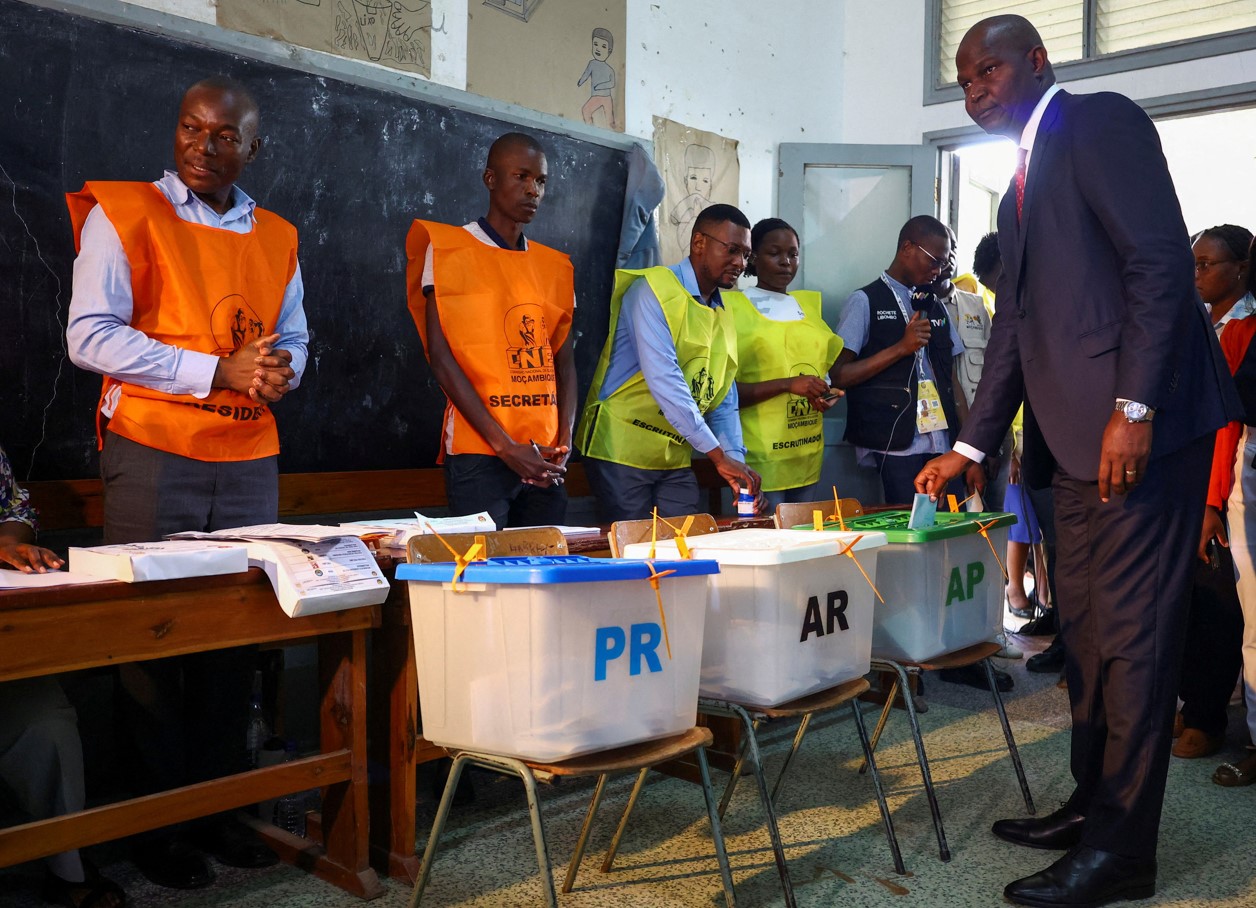 Daniel Chapo, presidential candidate of the ruling Frelimo party casts his vote during the general elections at Inhambane, in southern Mozambique, October 9, 2024. (Photo: REUTERS/Siphiwe Sibeko/File Photo)
Daniel Chapo, presidential candidate of the ruling Frelimo party casts his vote during the general elections at Inhambane, in southern Mozambique, October 9, 2024. (Photo: REUTERS/Siphiwe Sibeko/File Photo)Daniel Chapo, presidential candidate of the ruling Frelimo party casts his vote during the general elections at Inhambane, in the southern Mozambique, October 9, 2024. REUTERS/Siphiwe Sibeko/File Photo
Mondlane has pledged to continue calling for protests, despite the Attorney General’s Office warning him to cease actions that could incite violence.
Many fear the simmering discontent in urban areas—already plagued by poverty, inequality, and youth unemployment—could boil over into widespread protests.
“I will mobilise the youth in a popular revolt,” Mondlane stated, arguing that “FRELIMO has stolen our future once again.”
He accused both FRELIMO and his former party, RENAMO, of colluding to perpetuate electoral fraud.
His demands for justice, however, may fall on deaf ears in a judiciary many consider compromised by ruling party interests.
Despite over 11,000 accredited observers at more than 25,000 polling stations and a registered electorate of 17 million, serious allegations of fraud have surfaced.
The international community, including the African Union and SADC, faces mounting pressure to address Mozambique’s democratic crisis.
Both domestic and international observer missions, including the European Union Election Observation Mission (EU EOM), have, nonetheless, flagged evidence of widespread malpractice.
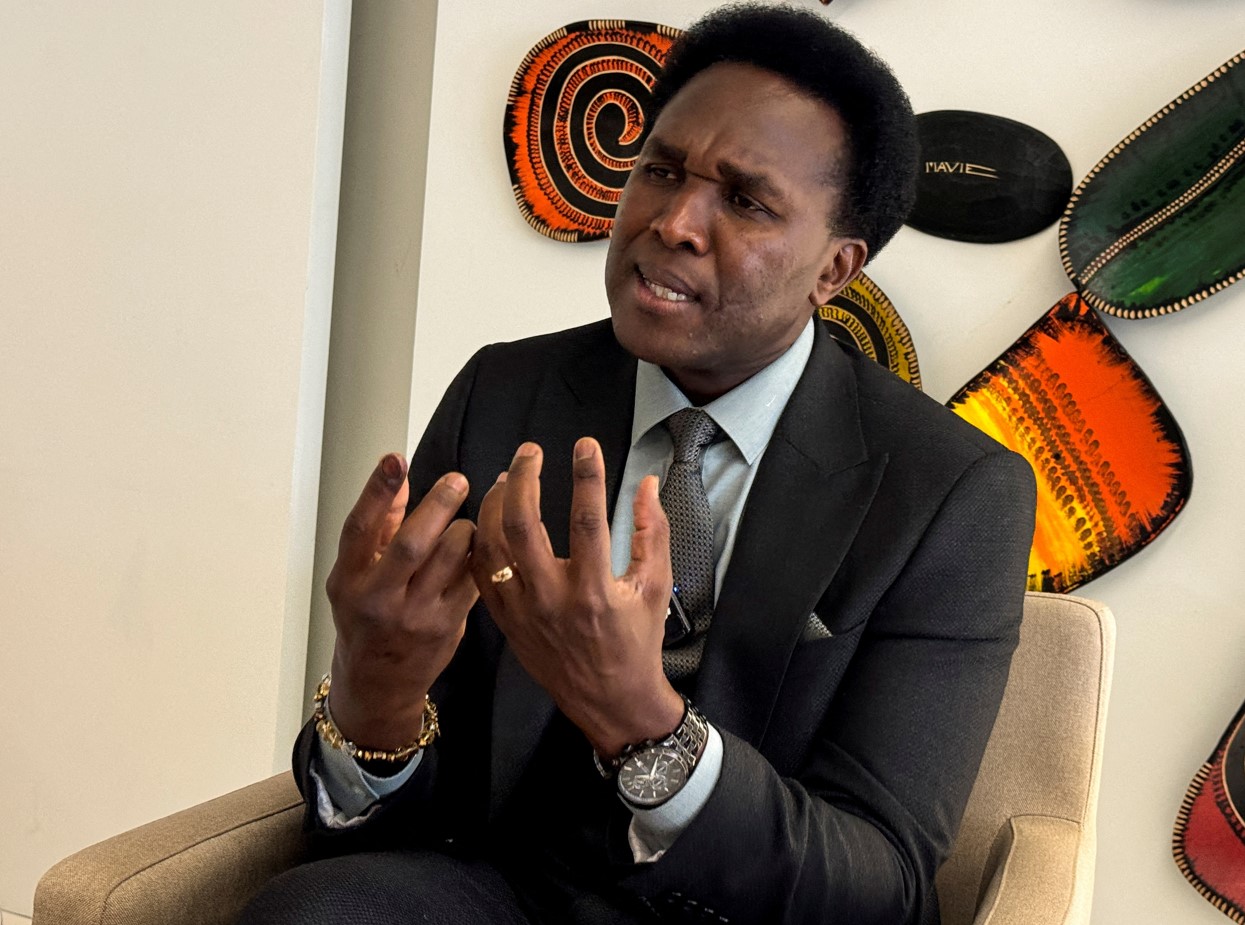 Independent candidate for the presidency of Mozambique Venancio Mondlane speaks during an interview in Maputo, Mozambique, October 11, 2024. (Photo: REUTERS/Sisipho Skweyiya/File Photo)
Independent candidate for the presidency of Mozambique Venancio Mondlane speaks during an interview in Maputo, Mozambique, October 11, 2024. (Photo: REUTERS/Sisipho Skweyiya/File Photo)Independent candidate for the presidency of Mozambique Venancio Mondlane speaks during an interview in Maputo, Mozambique, October 11, 2024. (Photo: REUTERS/Sisipho Skweyiya/File Photo)
Reports of ballot box stuffing, ghost voters, and discrepancies in vote tallies have tainted the process.
The EU EOM noted the “tainted credibility of the electoral process” and raised concerns that in “one-third of the counting processes observed, the figures in the protocols did not reconcile,” further eroding confidence in the system.
Domestic observers similarly warned of “ghost voters” in FRELIMO strongholds that artificially inflated the vote in favour of the ruling party, undermining the integrity of the elections and deepening public distrust.
While SADC’s observer mission monitored less than 1% of polling stations and offered a superficial endorsement of the process, the EU EOM scrutinised the election from voter registration through to the final count.
In contrast to SADC’s limited coverage of 288 stations, the EU’s mission visited 729, exposing deeper flaws in the electoral system.
Mozambique’s electoral challenges are exacerbated by an uneven political playing field, with FRELIMO dominating the media landscape and receiving significantly more airtime than its opponents. Such conditions violate the nation’s Constitution, electoral laws, and the Southern African Development Community's (SADC) principles governing democratic elections.
According to International IDEA’s Global State of Democracy Initiative, Mozambique’s decline in democracy is largely attributed to the absence of credible elections.
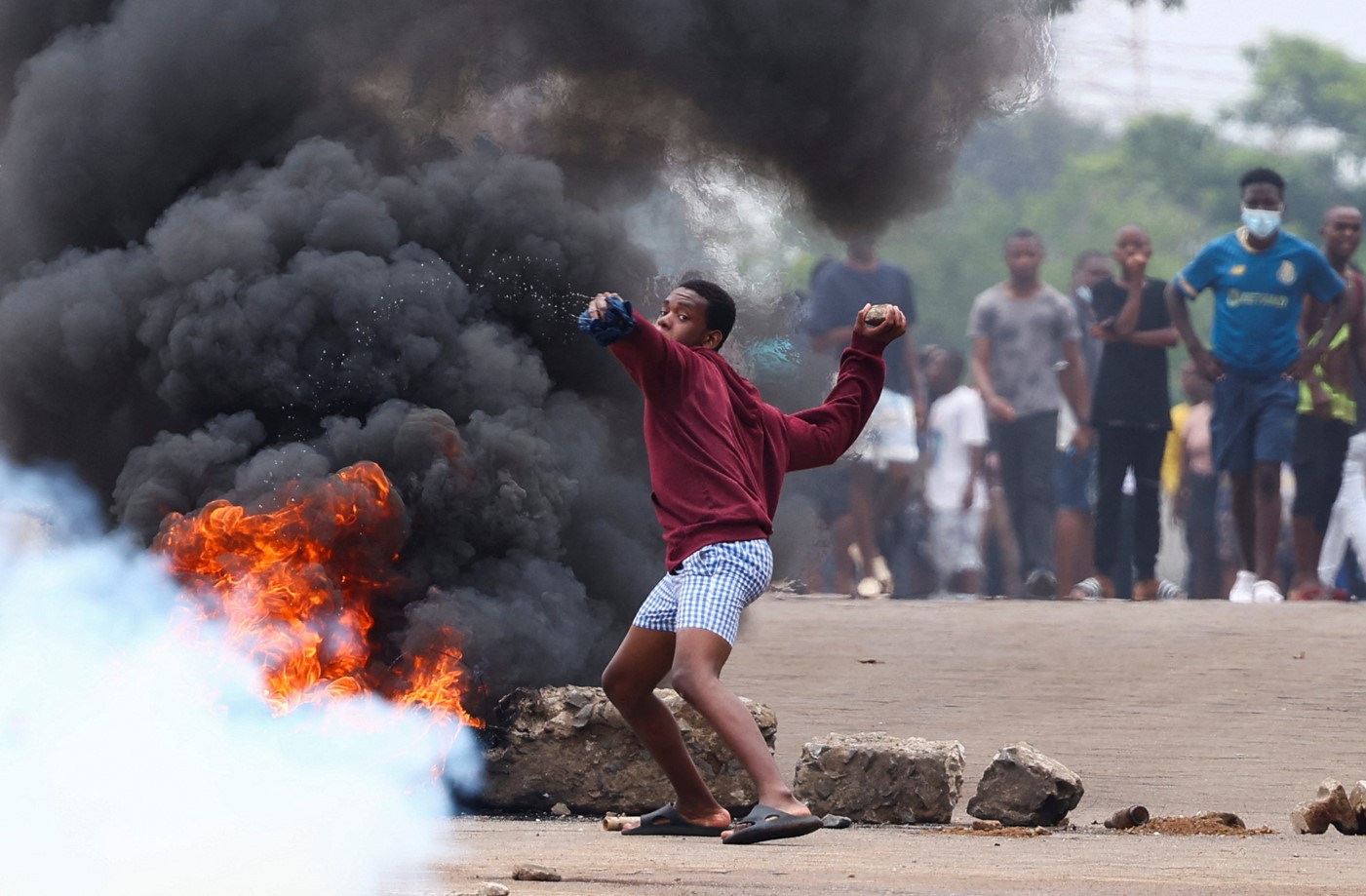 A protester throws a stone during a nationwide strike called by Mozambique presidential candidate Venancio Mondlane to protest the provisional results of an October 9 election in Maputo, Mozambique, on October 21, 2024. (Photo: REUTERS/Siphiwe Sibeko)
A protester throws a stone during a nationwide strike called by Mozambique presidential candidate Venancio Mondlane to protest the provisional results of an October 9 election in Maputo, Mozambique, on October 21, 2024. (Photo: REUTERS/Siphiwe Sibeko)A protester throws a stone during a nationwide strike called by Mozambique presidential candidate Venancio Mondlane to protest the provisional results of an October 9 election in Maputo, Mozambique, on October 21, 2024. (Photo: REUTERS/Siphiwe Sibeko)
Election rigging has been so pervasive that the Economist Intelligence Unit has classified the country as an authoritarian regime since 2019.
Afrobarometer surveys further reflect this erosion of public trust, showing a sharp drop in confidence in both the electoral process and the institutions that are supposed to safeguard it.
If SADC and other regional bodies don’t intervene more decisively, Mozambique’s democracy risks further erosion. The manipulation of elections and the suppression of dissent could become entrenched, leaving the ruling party with unchecked power.
This would not only deepen the country’s political instability but also fuel further unrest as opposition groups and frustrated citizens lose faith in the electoral process.
Without timely and meaningful intervention, Mozambique could slide into a prolonged crisis, with democratic norms and institutions left in tatters.
Top Stories Today

